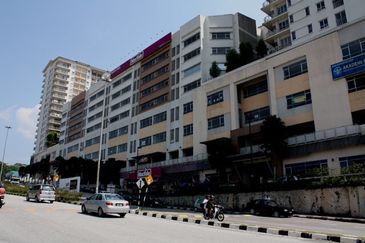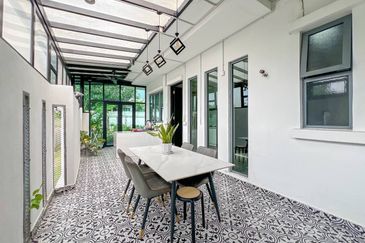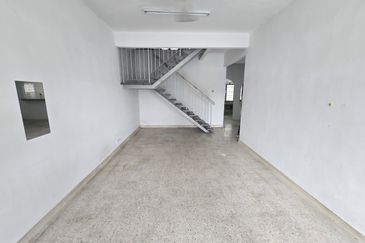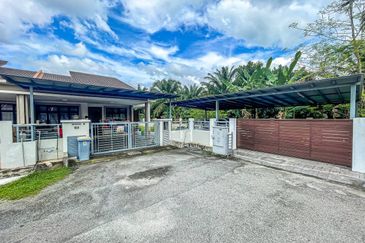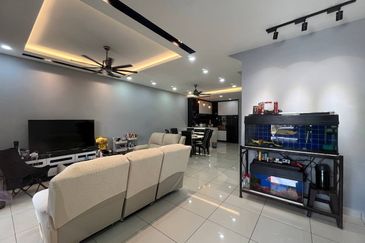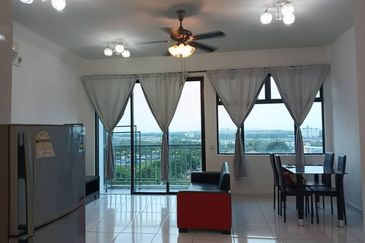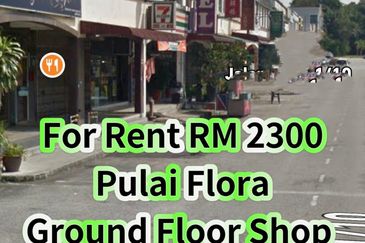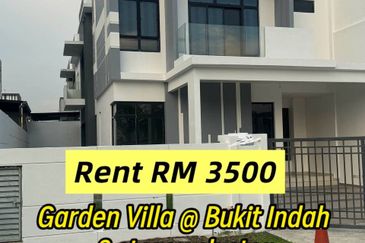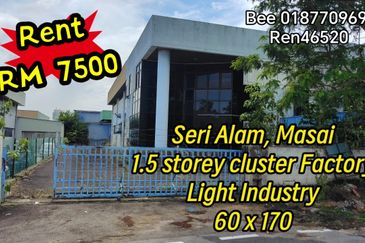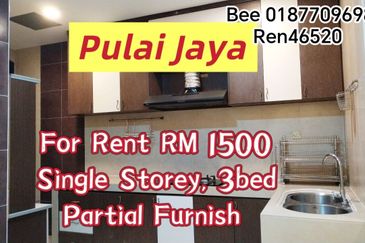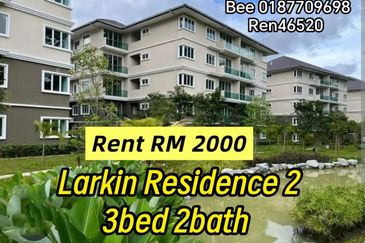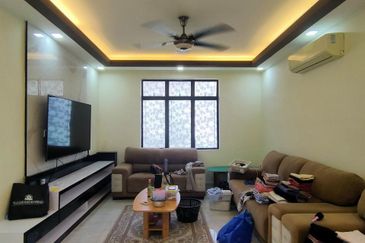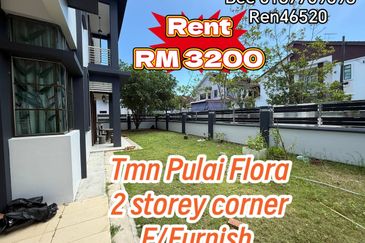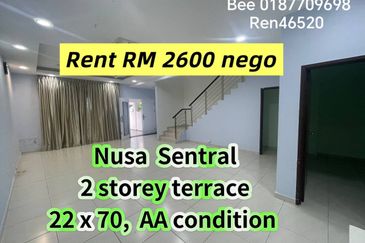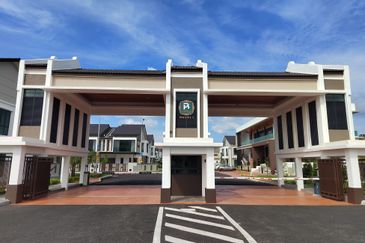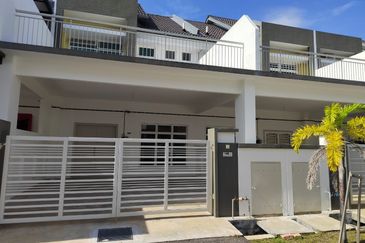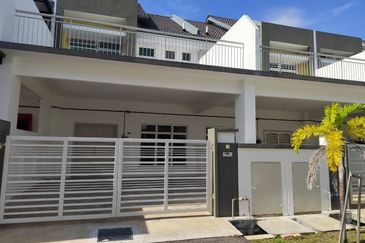
- With substantial funds allocated to infrastructure projects, this “is an opportunity for developers to participate in large scale projects with lower risk profile”.
KUALA LUMPUR (Oct 20): The main objective of Budget 2024 is to optimize subsidies, allowing the country to provide more funds for development expenditure. “This will facilitate the construction of high-quality infrastructure and support the country's journey towards becoming a developed nation,” stated JLL in its Malaysian 2024: Real Estate Key Highlights report.
With substantial funds allocated to infrastructure projects, this “is an opportunity for developers to participate in large scale projects with lower risk profile”, it added.
The effort to make Malaysia an investment destination, “is likely to have strong positive impact in the medium term for the office, industrial and logistics markets”.
The ongoing supply chain disruptions and uncertainties surrounding China may accelerate decision making as many MNCs in manufacturing segment are considering Southeast Asia for implementation of China + One hub concept. Malaysia is ranked highly by these companies. Additional support from the government will foster decision making,” it added.
Industrial and logistics market
Future investment priorities are focused on High Growth High Value (HGHV) industries.
This “may spur the industrial and logistics market in Malaysia considering that such industries typically have some component of hightech manufacturing involved. As such, we see this proposal greatly benefitting the industrial and logistics market in the Northern region where most HGHV industries are currently situated.”
With more funds being allotted to encourage startups including Bumiputera SME entrepreneurs to venture into HGHV fields such as the digital economy, space technology and electronics and electrical (E&E), this “will likely result in further transformation of the industrial and logistics [real estate] market”.
“Further, the emergence of startups may also ease the office market glut that the market has been facing for a while now,” added JLL.
Support for the logistics sector “may invite additional high value investments into Malaysia’s industrial and logistics” segment. “This also opens doors for a wider group of less risk averse investors to invest in high value infrastructure projects with minimized risks.”
As for plans to enact new legislation to implement the High Value Goods Tax at a rate of 5% to 10% on certain high value items such as jewellery and watches, “shopping centres with higher share of luxury goods retail shops may witness lower turnover rent from this group of tenants”.
Meanwhile, the government’s targeted electricity subsidy will be based on the level of electricity consumption. This will inolve reducing subsidies for the top 10% of electricity consumers, while keeping subsidies unchanged for the remaining 90%.
LRT stations may spark new township developments
“That said, the top 10% consumers of electricity may include investors and operators of real estate. For these groups, this implies an increase in outgoings,” stated JLL.
As for the government’s plan to resume the previous proposal to construct five LRT3 stations that were previously cancelled, this could “spark new township developments located close to each station”. These stations are Tropicana, Raja Muda, Temasya, Bukit Raja, and Bandar Botanik.
Fresh development targets for East Malaysia “may entice investors to start considering Sabah and Sarawak as potential expansion”.
“There is a lot of potential within Sabah and Sarawak that hasn’t been explored yet. With this mandate, the hope is that more investors may become more willing to explore opportunities within those states,” added JLL.
Looking to buy a home? Sign up for EdgeProp START and get exclusive rewards and vouchers for ANY home purchase in Malaysia (primary or subsale)!
TOP PICKS BY EDGEPROP
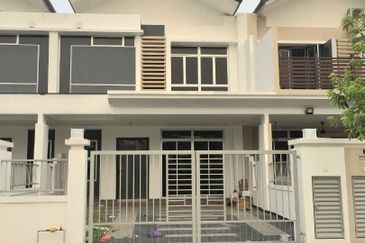
Horizon Hills The Green
Iskandar Puteri, Johor


